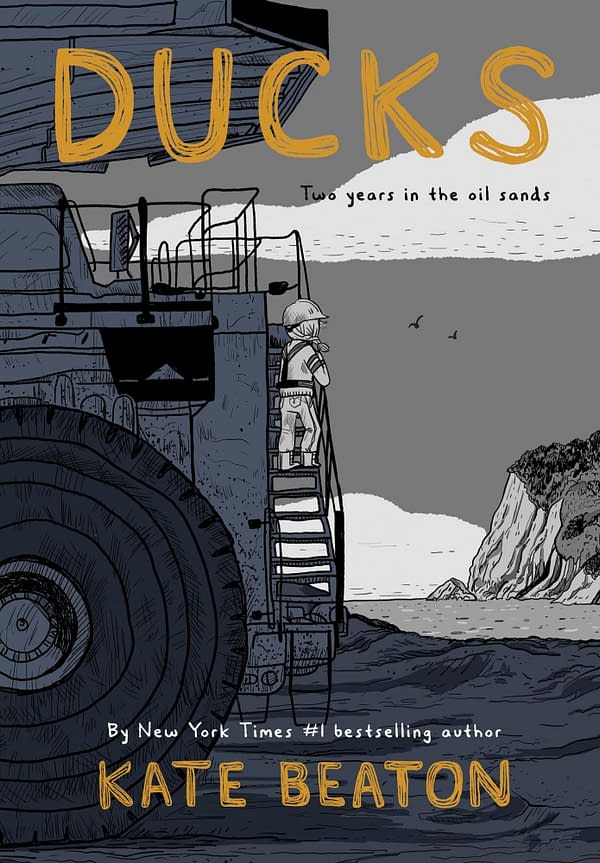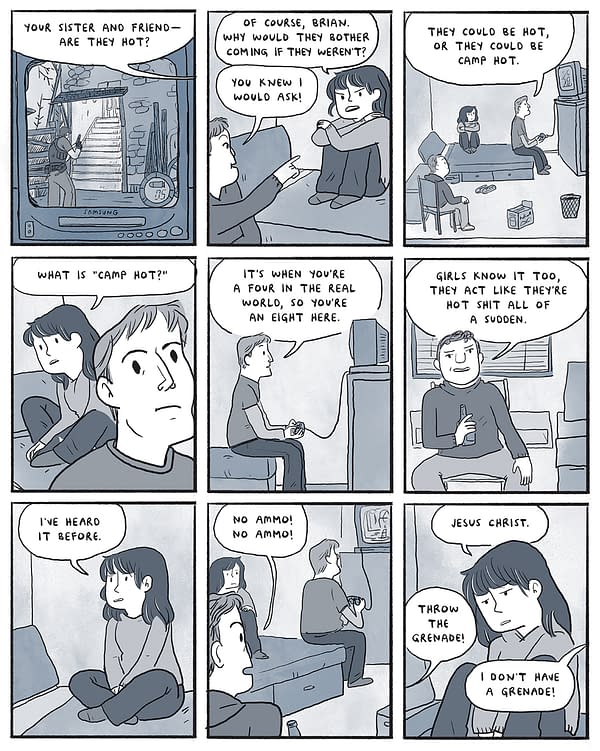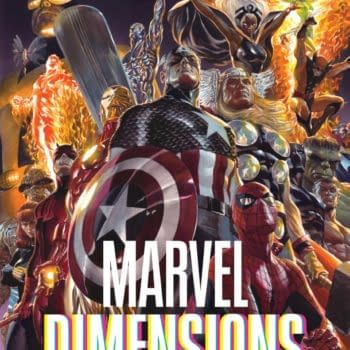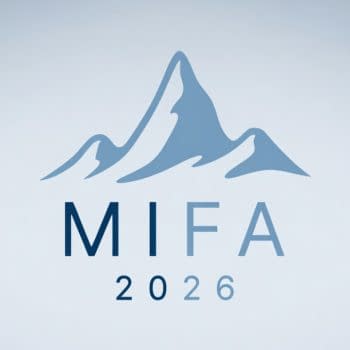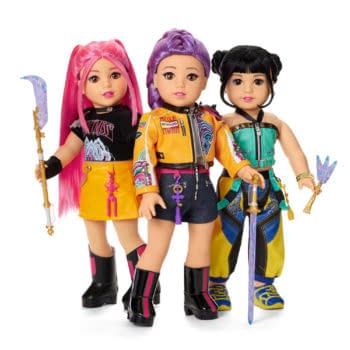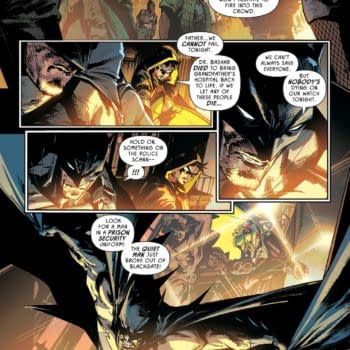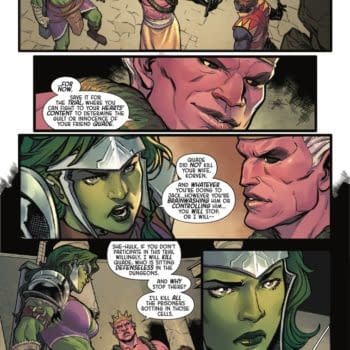Posted in: Comics | Tagged: Drawn and Quarterly, ducks: two years in the oil sands, graphic novel, kate beaton
Ducks: Two Years In The Oil Sands by Kate Beaton Gets A Cover Reveal
Ducks: Two Years in the Oil Sands is the new collection of Kate Beaton's cartoons from Drawn & Quarterly, to be published on the 22nd of September, telling the story of Canada. And Bleeding Cool has a first look at the cover. To be fair, we just looked at it on Amazon, but no one else seems to have done that. So it's an exclusive and we're taking it for ourselves. Here we go//.
Celebrated cartoonist Kate Beaton vividly presents the untold story of Canada Before there was Kate Beaton, New York Times bestselling cartoonist of Hark A Vagrant fame, there was Katie Beaton of the Cape Breton Beatons, specifically Mabou, a tight-knit seaside community where the lobster is as abundant as beaches, fiddles and gaelic folk songs. After university, Katie heads out west to take advantage of Alberta's oil rush, part of the long tradition of East Coasters who seek gainful employment elsewhere when they can't find it in the homeland they love so much. With the singular goal of paying off her student loans, what the journey will actually cost Katie will be far more than she anticipates. Arriving in Fort McMurray, Katie finds work in the lucrative camps owned and operated by the world's largest oil companies. Being one of the few women among thousands of men, the culture shock is palpable. It does not hit home until she moves to a spartan, isolated worksite for higher pay. Katie encounters the harsh reality of life in the oil sands where trauma is an everyday occurrence yet never discussed. For young Katie, her wounds may never heal. Beaton's natural cartooning prowess is on full display as she draws colossal machinery and mammoth vehicles set against a sublime Albertan backdrop of wildlife, Northern Lights, and Rocky Mountains. Her first full length graphic narrative, Ducks: Two Years in the Oil Sands is an untold story of Canada: a country that prides itself on its egalitarian ethos and natural beauty while simultaneously exploiting both the riches of its land and the humanity of its people.


